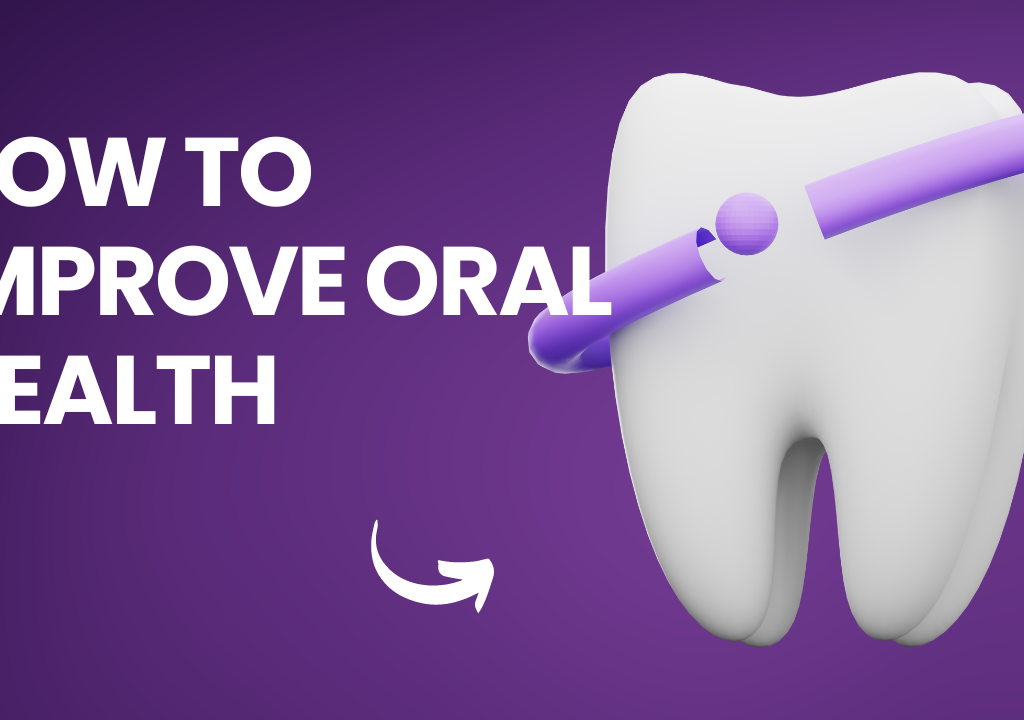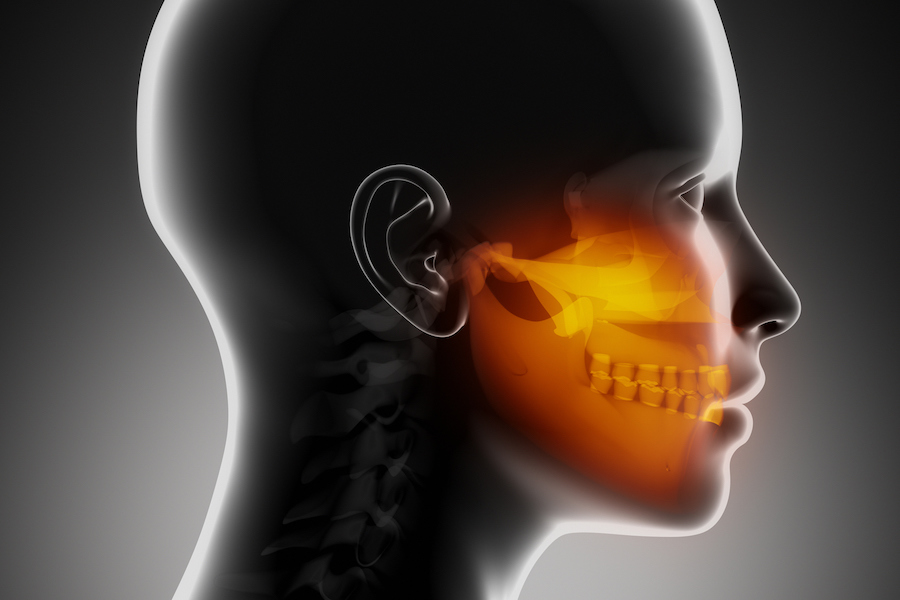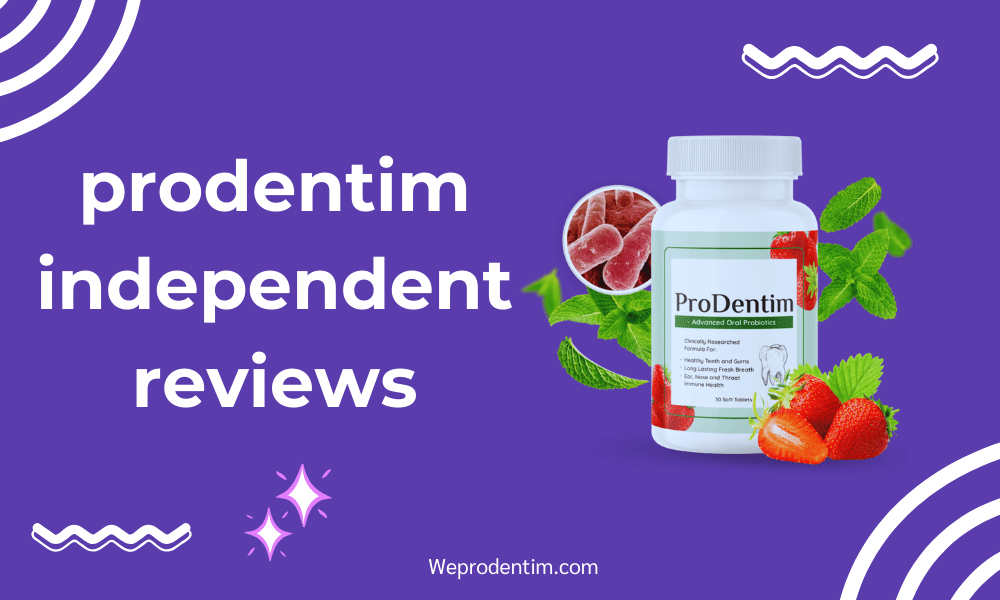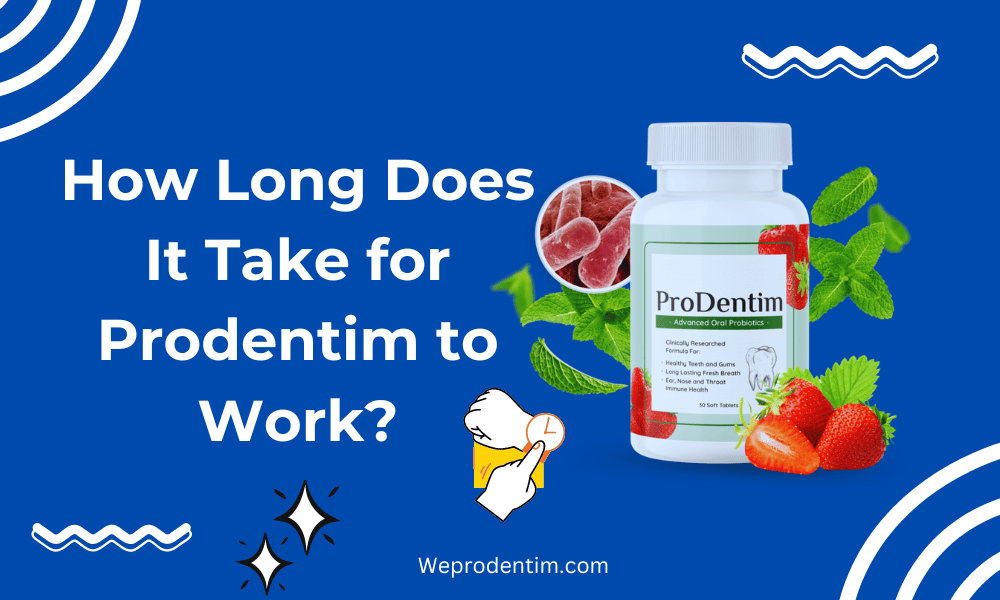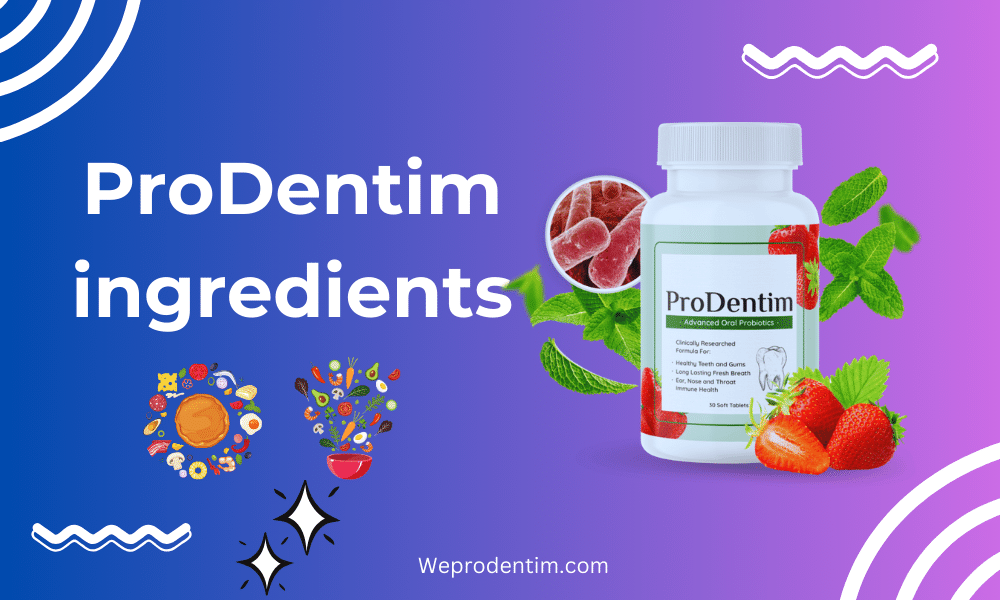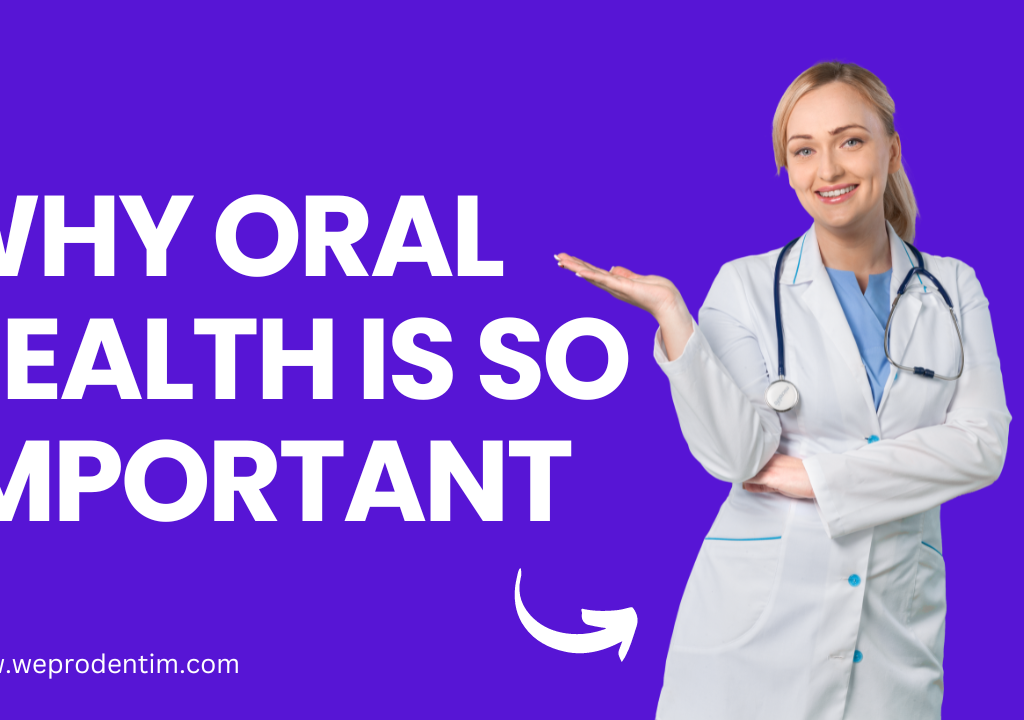The Best Vitamins for Teeth & Gums: A Comprehensive Guide
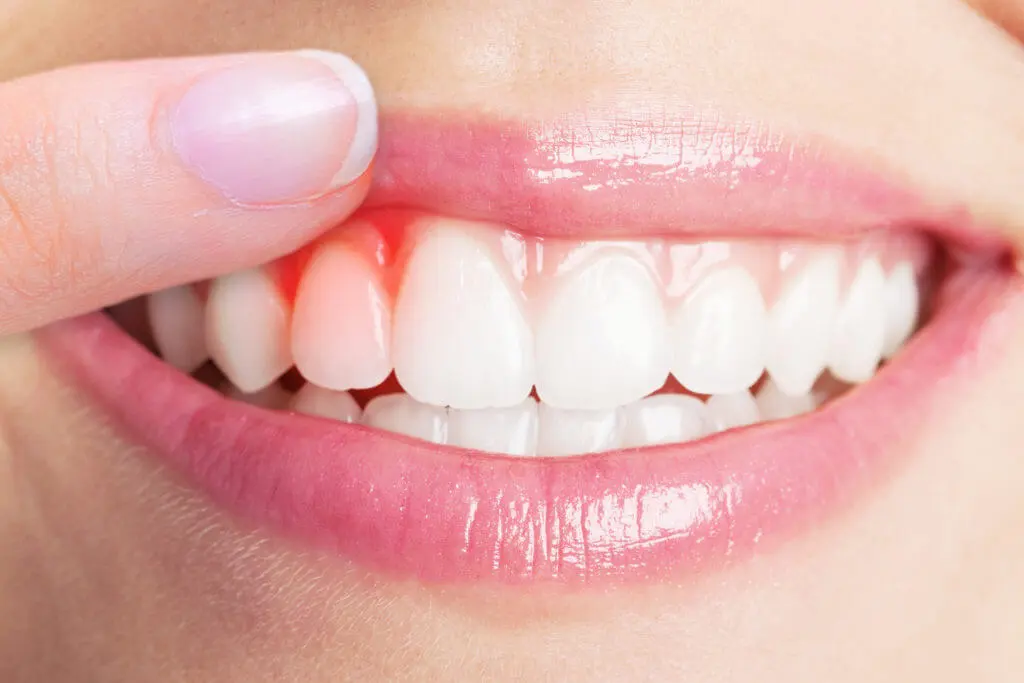
Maintaining oral health is crucial, and the role of vitamins for teeth & gums cannot be overstated. A healthful diet, rich in nutrients like calcium found in fish, phosphorus in liver, and vitamin C in citrus fruits, plays an essential part in preventing gum disease and tooth decay. Moreover, minerals such as potassium and vitamins are fundamental in promoting salivary function, strengthening teeth, and fighting off periodontitis and gingivitis.
The Role of Calcium in Dental Health
Calcium plays a pivotal role in maintaining dental health, primarily by strengthening the tooth enamel and the underlying jawbone structure. This mineral, often heralded for its bone fortification properties, is equally crucial for oral wellness.
Key Functions of Calcium in Oral Health
To ensure adequate intake of calcium, incorporating a variety of calcium-rich foods into the diet is recommended:
- Dairy Products: Milk, yogurt, and cheese are traditional sources.Leafy Greens: Options include kale, spinach, and broccoli.Fortified Alternatives: Non-dairy milks such as soy, almond, or rice milk, often fortified with calcium.Fish: Canned salmon and sardines, which include edible bones, are excellent sources.Legumes and Tofu: Beans and tofu are also beneficial for their calcium content.
For those who find it challenging to meet their calcium needs through diet alone, supplements can be an effective alternative, though they should be used under medical guidance to avoid exceeding the recommended daily intake.
Strategies for Enhanced Calcium Absorption
Maximizing calcium absorption is crucial for its benefits to be fully realized:
- Maintain a Balanced Diet: Include plenty of vegetables, fruits, whole grains, and lean proteins.Regular Exercise: Staying active helps improve overall health and aids in better mineral absorption.Moderate Weight Management: Keeping a healthy weight range supports better bodily functions and nutrient absorption.
By understanding the critical role of calcium in dental health and implementing dietary strategies to optimize its intake, individuals can significantly improve their oral health outcomes.
Vitamin D: The Unsung Hero for Oral Health
Vitamin D is crucial for maintaining oral health, primarily by enhancing calcium absorption and boosting bone mineral density. This vitamin plays a significant role in preventing two major oral issues: tooth decay and periodontitis.
Key Roles of Vitamin D in Oral Health
Vitamin D’s ability to manage the immune response and promote anti-inflammatory processes makes it a key player in maintaining oral health, influencing everything from gum wellness to the integration of dental implants.
Vitamin C: For Strong Gums and Healing
Vitamin C is a powerhouse when it comes to maintaining the health of gums and teeth. Its primary role is to strengthen the gums and soft tissues in your mouth, which helps in protecting against gingivitis and preventing teeth from loosening. Here’s how Vitamin C plays a crucial role in oral health:
Essential Functions of Vitamin C in Oral Health
By integrating sufficient Vitamin C into the diet, individuals can significantly enhance their gum health, contributing to overall dental wellness.
Vitamin A: Beyond Vision to Oral Wellness
Vitamin A is not only crucial for vision but also plays a significant role in oral health, impacting everything from saliva production to the health of mucous membranes. Here’s how Vitamin A benefits oral wellness:
Key Roles of Vitamin A in Oral Health
By ensuring adequate intake of Vitamin A through diet or therapeutic applications, individuals can significantly bolster their oral health, protecting against various dental issues and enhancing the healing processes of oral tissues.
Phosphorus: A Key Partner in Oral Health
Phosphorus, partnering with calcium, is essential in forming hydroxyapatite, which is crucial for the structural integrity of bones and tooth enamel. This mineral’s role is pivotal, as a deficiency can lead to brittle bones and teeth that are prone to chipping. To maintain adequate phosphorus levels, incorporating a variety of phosphorus-rich foods into one’s diet is recommended.
Key Dietary Sources of Phosphorus
Maintaining a balanced diet is crucial as phosphorus deficiency can lead to severe dental health issues, including tooth decay and periodontal disease. While most people achieve sufficient phosphorus intake through their regular diet, it’s important to be mindful of one’s eating habits, especially if on a restricted diet.
Supporting Oral Health with Phosphorus-Rich Foods
Incorporating a variety of phosphorus-rich foods can significantly contribute to the strength and health of your teeth and gums. Options include:
- Meat and Fish: Rich in phosphorus, these help in maintaining the strength of dental structures.Dairy Products: These are not only good sources of calcium but also phosphorus, enhancing the mineral density of teeth.Whole Grains: Another excellent source of phosphorus that can be easily included in daily meals.
By understanding the critical role of phosphorus in dental health and adjusting your diet accordingly, you can ensure robust oral health, complementing other essential nutrients like calcium and vitamin D.
Iron: Supporting Gum Health and Healing
Iron plays a crucial role in maintaining the health of our gums and the overall integrity of our oral cavity. This essential mineral is involved in several key processes that impact oral health directly.
Essential Functions of Iron in Oral Health
Incorporating iron-rich foods into the diet is crucial for maintaining adequate iron levels. Some effective sources include:
- Meat and Seafood: Beef, chicken, and fish are excellent sources of heme iron, which is easily absorbed by the body.Vegetables and Legumes: Spinach, lentils, and beans provide non-heme iron, which, while not as readily absorbed, can be enhanced by consuming vitamin C-rich foods.Iron Supplements: These may be necessary for individuals unable to meet their iron requirements through diet alone, especially under medical guidance to prevent overload.
By understanding the critical roles of iron in supporting gum health and healing, individuals can take proactive steps to ensure they are getting sufficient iron through diet or supplements, thus maintaining optimal oral health.
